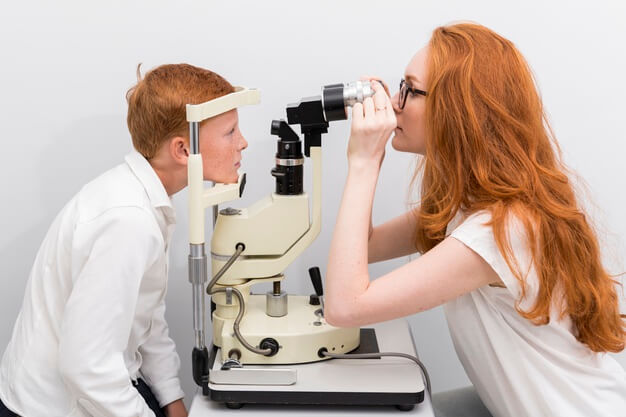Understanding What Type of Eye Doctors you Should See
When we are faced with any abnormalities related to our eyesight, it can have tremendous effects on our daily living. This is because we heavily rely on our sight for perceiving the world around us. For an immediate resolution, we turn to an eye doctor to investigate our condition. If you need one right now, you can always consult Abba Eye Care doctors and optometrists.
When it comes to our eyes, there are, however, different eye specialists available that we can consult. If you find yourself confused over which of them to seek consultation for your eye problem, here is a rundown of the various eye doctors and the roles they play in eye care.
The type of disorder greatly determines the specialist that must investigate the patient’s condition. When it comes to general or common eye problems such as infections, an Optometrist can provide treatment for the patient. These specialists conduct tests and various exams for diagnosing eye disorders. They can also prescribe corrective eyewear to correct eye refractive errors such as nearsightedness and loss of eyesight sharpness. They can also perform non-invasive procedures such as the removal of foreign material on the eye.
If the patient’s condition requires surgical and intensive medical treatment, he should seek help from an Ophthalmologist. This specialist can perform all roles that an Optometrist is licensed to do. On top of that, they can also do surgery on a patient’s eyes. They also possess specializations in certain technologies such as neuro-ophthalmology and laser eye correction.
It is common practice for an Optometrist and Ophthalmologist to work together to treat a patient with severe eye conditions. The Optometrist will be the one to diagnose the illness and refer to an Ophthalmologist for surgery if needed.
If the patient experiences anomalies in eye coordination and movement, an Orthoptist is the best specialist to seek consultation. Examples of disorders related to eye coordination include amblyopia, visual axis misalignment, among others. As an Optometrist, they can also work with an Ophthalmologist if surgery is necessary for the treatment of the disorder.
For patients that will require ocular prosthesis or artificial eyes, they can ask assistance from an Ocularist for the safe installation of these devices. These specialists are capable of fabricating and fitting eye prosthesis for individuals that want them both for cosmetic and medical reasons.
A loss of one or both eyes may result from other diseases, which is why these prostheses provide another chance for these individuals. The ocularist creates the prosthesis by getting an impression of the patient’s socket and molding the plastic shell using this form. The ocularist also instructs the patient on the procedures on how to care for the prosthesis.
If an eye doctor prescribes an ophthalmic lens for the patient, he must also consult an Optician. These specialists can fabricate special lenses such as contacts if customized lenses are needed to correct the disorder.
Aside from corrective eyewear and surgery, there also exists vision therapy which assists patients, usually children, with vision problems that cannot be treated by conventional means. Vision therapists are specialists that can perform this form of procedure. The procedures involved in this therapy utilize tools such as filtered lenses, patches, prisms, and others.
With the many eye specialists available, it pays to be familiar with the roles of each for us to know more precisely who to seek consultation from should we encounter issues with our eyes or our vision.
